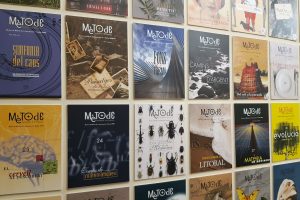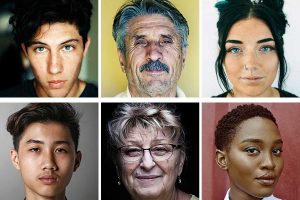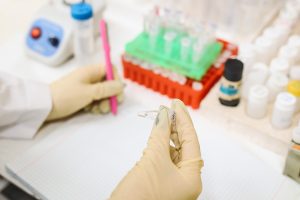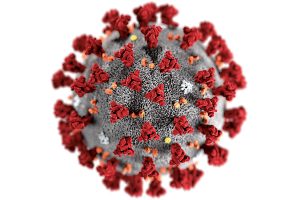Search
For the author, the study of sex is much broader and more interesting than we imagine, from the endocrine and physiological side, but also from psychology and sociology.
The award recognises its trajectory, sustained content quality, and resilience.
We remember June Almeida, the first person to photograph a human coronavirus.
Thanks to advances in genetics, we can extract a lot of information from DNA and infer a fairly detailed portrait of the person it belongs to.
The author proposes to create the concept of «pre-scientific dissemination» to talk about scientific mysteries, enigmas, or hypotheses that could be confirmed or disproved by science.
Those of us who are dedicated to the creation and dissemination of knowledge must make intelligent use of its contingent and provisional nature, to promote the idea that what may appear to be weaknesses are, in fact, the features that allow scientific knowledge to progress and be disruptive.
Most of the fake news that circulated on the web before this pandemic concerned health and became far more widespread than the real news. Unfortunately, this phenomenon has escalated with the global COVID-19 crisis.
In addition to protective isolation, enhanced medical capacity, safer sociality and health oriented economic stimulus, we will need to turn our hearts, hands, and minds to reweaving and strengthening the complex and vital social web.
Let us look at the coronavirus outbreak in China. Dissemination of accurate and well-interpreted information is key in the early stages of an emerging outbreak.
- 1
- 2










